Public university
Whether a national university is considered public varies from one country (or region) to another, largely depending on the specific education landscape.In Tunisia, the Ministry of Higher Education and Scientific Research controls public universities and guarantees admission to students who earn a Tunisian Baccalaureate.Except for some fields of study, notably medicine, all Austrians who pass the Matura exam have the right to attend any public university.Consequently, the Flemish, the French, and the German communities determine which institutes of higher education organize and issue diplomas.Similarly, the Province of Luxembourg managed the state-created public university in Arlon which became part of ULiège in 2004.Students who fail multiple classes in a year must retake the courses and pay a partial or full tuition fee.Article L731-14 of the Code de l'éducation states that "private higher education establishments can in no case take the title of university."After individual assessments, thirty percent of Greek students are entitled to attend any of the statutory postgraduate programs without tuition fees.Private higher education institutions cannot operate in Greece and are not recognized as degree-awarding bodies by the Greek government.Higher education in Portugal provided by state-run institutions is not free; students must pay a tuition fee.However, the central government establishes homogeneous tuition fees for all public universities which are much lower than those of their private counterparts.The highest tuition fee allowed by law was, as of 2010, €14.97 per academic credit, amounting to roughly €900 a year for an average 60-credit full-time course.Public university administrators, lecturers, and professors are granted civil servant status rather than tenure.After the collapse of the Soviet Union, there were 910 higher educational institutions on the territory of Ukraine, and over the years there has been a tendency to reduce their number.The degree of regulation varies between the countries and depends on the university's constitutional form and whether it receives public funding.[26][27][28][29][30] Each of the four nations within the United Kingdom is responsible for higher education as a devolved matter and have adopted different methods of support for resident students.It has been described as "what today would be called a quango", operating out of government premises, staffed by civil servants, and directly accountable to the Treasury for its expenditure.All major Canadian universities are now publicly funded but maintain institutional autonomy, with the ability to decide admission, tuition, and governance.Mexico has both public and private universities, with wide variation in terms of cost, academic performance, and organization.Public universities are prestigious due to their free or low-cost nature,[clarification needed] which removes financial incentives to pass and retain students.This is partly a result of 1862 Morrill Land-Grant Acts, which gave eligible states 30,000 acres (12,141 ha) of federal land to sell to finance public universities that emphasized studies in agriculture and mechanical arts.In the 21st century, some community colleges have added bachelor's degree programs, particularly in applied career-focused subjects.These former technology institutes gained university status in the late 1980s through the early 1990s due to the reforms made by John Dawkins, then Minister for Employment, Education, and Training.The Argentinian government sets funding for public universities through the annual national budget act.National universities are located in all provinces and serve over eighty percent of the country's undergraduate population.The Brazilian Federal Constitution establishes the right to attend public universities free of tuition or entrance fees.Since 2005, the Brazilian government has offered some tuition grants to enable students experiencing poverty to attend private universities.Public universities are responsible for granting nearly all the graduate degrees in Brazil, including doctorates and masters which are called doutorado and mestrado, respectively.As a result, public university graduate programs are the primary source of Brazilian academic research.As a result, students and their families must cover 75 percent of tuition costs for attending both public and private universities.


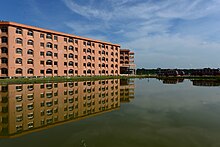
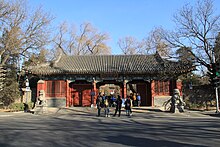
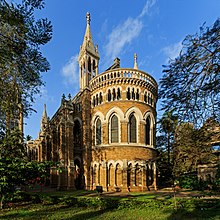
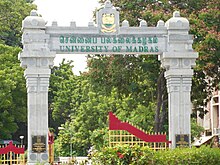
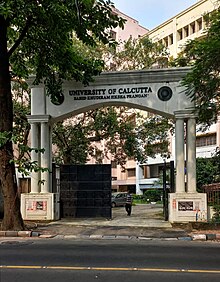
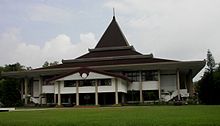
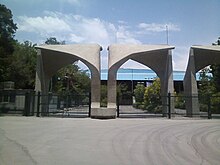
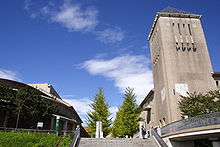
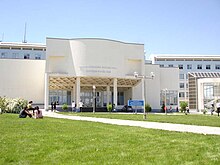
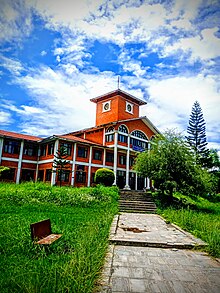

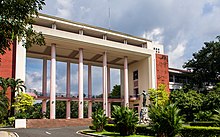

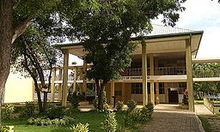

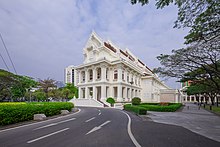





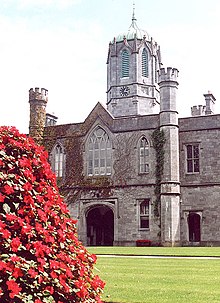
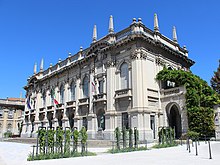



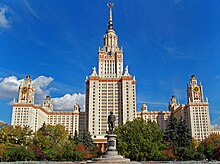
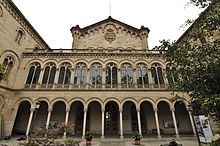
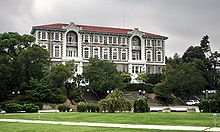

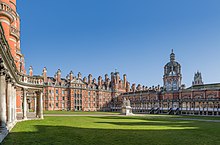
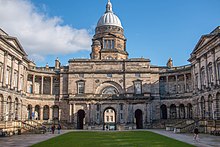


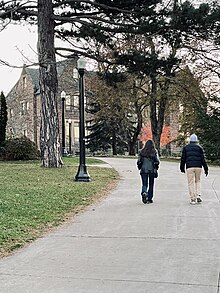
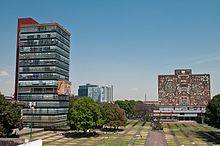
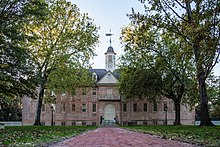

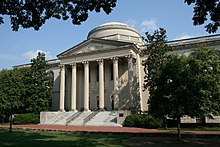
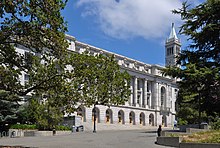
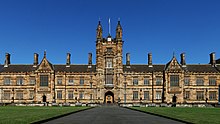
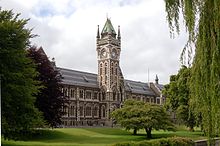

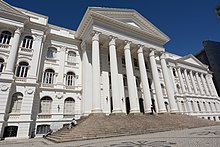

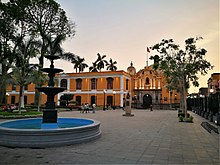
Public schoolArizona State UniversityTempe, Arizonaowned by the statenational universityprivate universityList of universities in AlgeriaUniversity of AlgiersUniversity of OranUniversity of Mentouri ConstantineList of universities in EgyptCairo UniversityAl-Azhar UniversitymadrasaAlexandria UniversityAssiut UniversityAin Shams UniversityHelwan UniversityBeni-Suef UniversityZagazig UniversityBenha UniversitySuez Canal UniversityList of universities and colleges in Kenya8–4–4 educational program systemList of universities in NigeriaNigeriaList of universities in South AfricaUniversity of JohannesburgJohannesburgList of universities in TunisiaTunisiaMinistry of Higher Education and Scientific ResearchTunisian BaccalaureateBarishal UniversityBarishalBangladeshUniversity Grants CommissionList of universities in BruneiBruneiList of universities in ChinaHigher education in ChinaPeking UniversityPeople's Republic of Chinaprovincialnationalcentral governmentvocational collegeshigher reputation domestically and globallyList of universities in Hong KongUniversity Grants CommitteeHong Kong Academy for Performing ArtsgovernmentHong Kong Metropolitan UniversityHong Kong Shue Yan UniversityHang Seng University of Hong KongSaint Francis UniversityList of universities in IndiaUniversity of MumbaiMumbaiUniversity of MadrasChennaiUniversity of CalcuttaKolkataIndira Gandhi National Open UniversityList of universities in IndonesiaSebelas Maret UniversitySurakartaIndonesiaList of universities in IranUniversity of TehranTehranList of Israeli universities and collegesCouncil for Higher Education in IsraelHigher education in JapanTokyo Metropolitan UniversityMinistry of Educationnational universitiesList of national universities in South KoreaSouth KoreaKorea National Open UniversityUniversity of SeoulList of universities in KyrgyzstanManas UniversityBishkekList of universities in MacauUniversity of MacauMacao Polytechnic UniversityMacao University of TourismList of universities in MalaysiaMalaysiaList of universities in NepalTribhuwan UniversityKirtipurTribhuvan UniversityPurbanchal UniversityPokhara UniversityList of universities in PakistanUniversity of PeshawarPeshawarPakistanUniversity of the PunjabUniversity of KarachiHigher Education CommissionHigher education in the PhilippinesState university and college (Philippines)Local college and university (Philippines)University of the Philippines DilimanQuezon CityPhilippinesCommission on Higher EducationUniversity of the PhilippinesPolytechnic University of the PhilippinesTechnological University of the PhilippinesPhilippine Normal UniversityBatangas State UniversityMindanao State UniversitySingapore University of Technology and DesignList of universities in SingaporeNational University of SingaporeNanyang Technological UniversitySingapore Management UniversitySingapore Institute of TechnologySingapore University of Social SciencesList of universities in Sri LankaSouth Eastern UniversitySri Lanka
